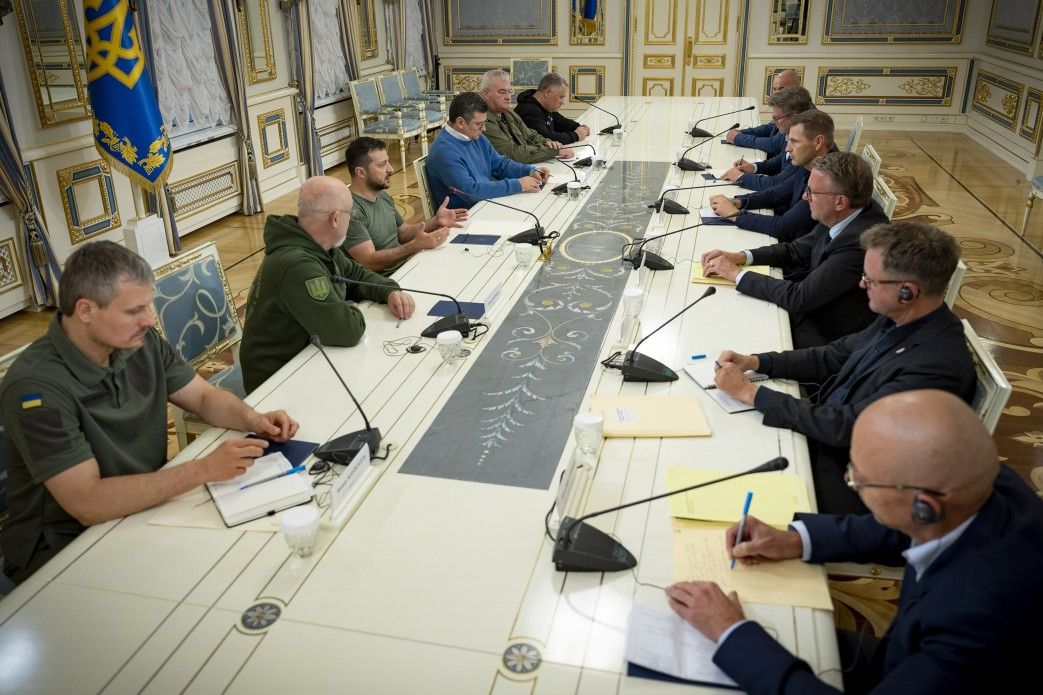In the wake of the Ukraine donor conference in Copenhagen last month, Denmark has pledged long-term weapons support to Ukraine in its struggle against Russia.
During the donor conference in Copenhagen last month, 29 countries committed to donating about 11 billion kroner to, among other things, the purchase of arms and equipment for Ukraine.
The defence minister, Morten Bødskov, was in Kyiv this week as part of a follow-up to the conference, and he reiterated the need for the continued support of Ukraine.
“Ukraine’s fight against Putin’s Russia is a fight on behalf of all free, democratic countries. We must and will support that,” said Bødskov.
READ ALSO: Denmark to deploy tanks abroad for first time years
Training Ukrainians in Denmark
Specific initiatives discussed by Bødskov and his Ukrainian counterpart Oleksii Reznikov included mine clearing and setting up a fund to finance and acquire weapons for Ukraine.
As part of the discussions, Ukraine agreed to send some of its troops to Denmark to receive training.
In August it was revealed that 130 Danish soldiers would help train Ukrainian soldiers in the UK, but now the training will also take place in Denmark.
Bødskov didn’t reveal how many Ukrainian fighters would be trained in Denmark, or where the training would take place.














